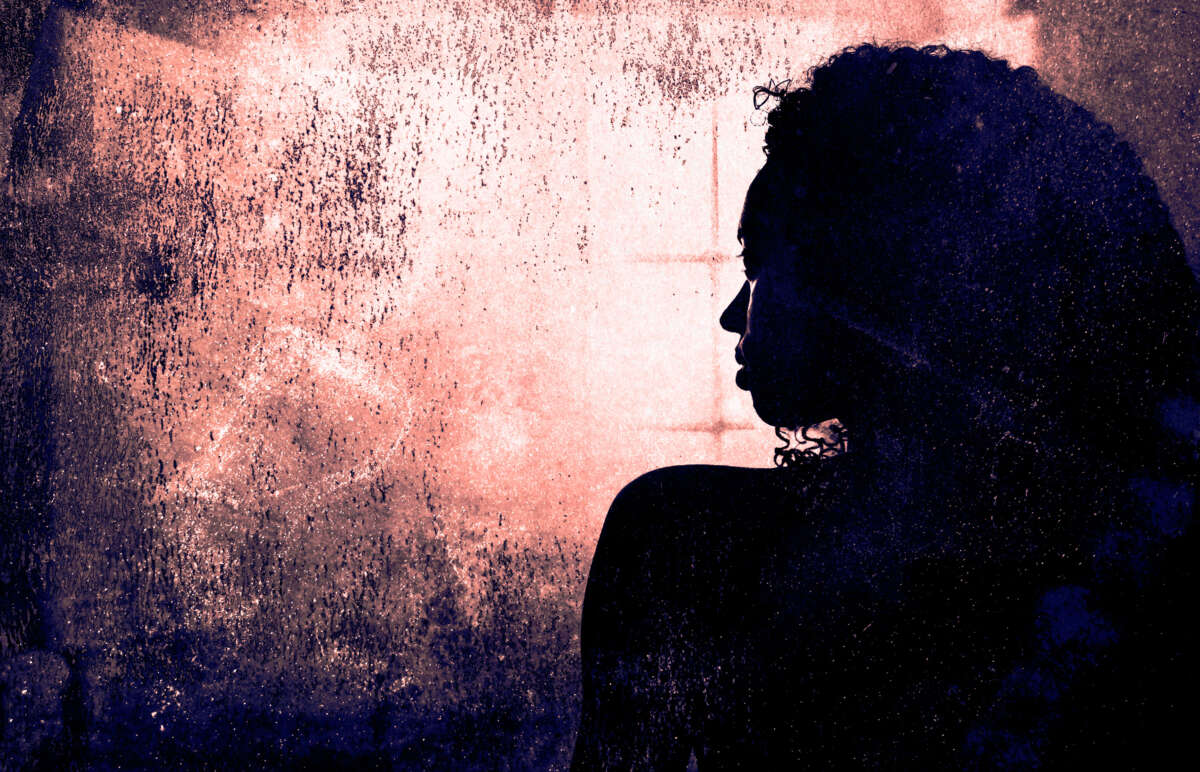A new report released by Pregnancy Justice, a nonprofit that defends pregnant people from criminalization, has found that nearly 1,400 people in the U.S. were arrested for actions related to their pregnancies from January 2006 through June 2022.
“The findings in this report are a call to action, and anyone working to achieve greater bodily autonomy ought to heed that call,” Monica Raye Simpson, executive director of SisterSong Women of Color Reproductive Justice Collective, said in a press release.
The report defines pregnancy criminalization as any instance in which someone is arrested for reasons related to their pregnancy or in which terms of a person’s bail, sentencing, or probation are heightened because they became pregnant after being charged with an unrelated crime. In most cases, pregnancy provides a “but for” factor, meaning that but for the pregnancy, the criminal penalty taken against the pregnant person would not have occurred, the report explains.
“Pregnant people are increasingly targeted for criminalization in ways that do not exist for people who are not pregnant, with dire consequences for themselves and their families,” Lourdes A. Rivera, president of Pregnancy Justice, said in a statement.
Black people were disproportionately represented in pregnancy criminalization, making up 18.2 percent of arrests due to pregnancy criminalization from January 2006 to June 2022. Low-income people made up nearly 85 percent of pregnancy criminalization cases and were deemed legally indigent by the courts, meaning they were unable to afford an attorney.
“We must challenge the systems that collude to criminalize pregnant people, ensure that neither poverty, gender, nor race is criminalized, and ensure everyone can get the care they need and live full, thriving lives without fear, stigma, or punishment,” Raye Simpson said.
Almost 80 percent of all pregnancy-related arrests occurred in just five southern states (Alabama, South Carolina, Tennessee, Oklahoma and Mississippi), with Alabama leading the charge in pregnancy-related criminalization. Alabama, which accounts for nearly half of all pregnancy criminalization cases in the report, also has one of the worst maternal mortality rates in the country.
“Racism in medical settings is pervasive and well-documented, particularly against Black pregnant people, resulting in horrific maternal mortality disparities that make it three times as likely for a Black person to die during childbirth than a white person,” the report states.
The report found that one in three arrests documented were first instigated by a medical professional and two in five arrests involved family regulation workers. Studies have shown that pregnant people in states that criminalize drug or alcohol use during pregnancy are less likely to seek medical help during their pregnancies out of fear of criminalization. This leads some pregnant people to refuse medical care, which could lead to their death.
“The risk of poor health outcomes from avoiding care out of fear of criminalization or family separation is greater than the risk of poor health outcomes from the use of illicit substances such as cocaine, methamphetamine, or cannabis,” the report explains.
Alabama is increasingly hostile to pregnant people, people who seek abortions and people who help others get an abortion. In August 2023, Alabama’s attorney general argued in a court filing that the state has the authority to bring criminal charges against groups who help women travel out of the state for an abortion. “An elective abortion performed in Alabama would be a criminal offense; thus, a conspiracy formed in the State to have that same act performed outside the State is illegal,” the attorney general’s office wrote in the court filing.
Pregnancy Justice recommends that to combat pregnancy criminalization, states must promote pregnant people’s personhood, restore and protect abortion rights, and ensure that criminalized pregnant people have a robust defense to combat the criminalization of pregnancy across the country.
“Without the protections of Roe, pregnant people across the country are more vulnerable than ever. The findings outlined in this report provide a roadmap for safeguarding their rights moving forward,” Pregnancy Justice says in the report.
Join us in defending the truth before it’s too late
The future of independent journalism is uncertain, and the consequences of losing it are too grave to ignore. We have hours left to raise the $12,0000 still needed to ensure Truthout remains safe, strong, and free. Every dollar raised goes directly toward the costs of producing news you can trust.
Please give what you can — because by supporting us with a tax-deductible donation, you’re not just preserving a source of news, you’re helping to safeguard what’s left of our democracy.
